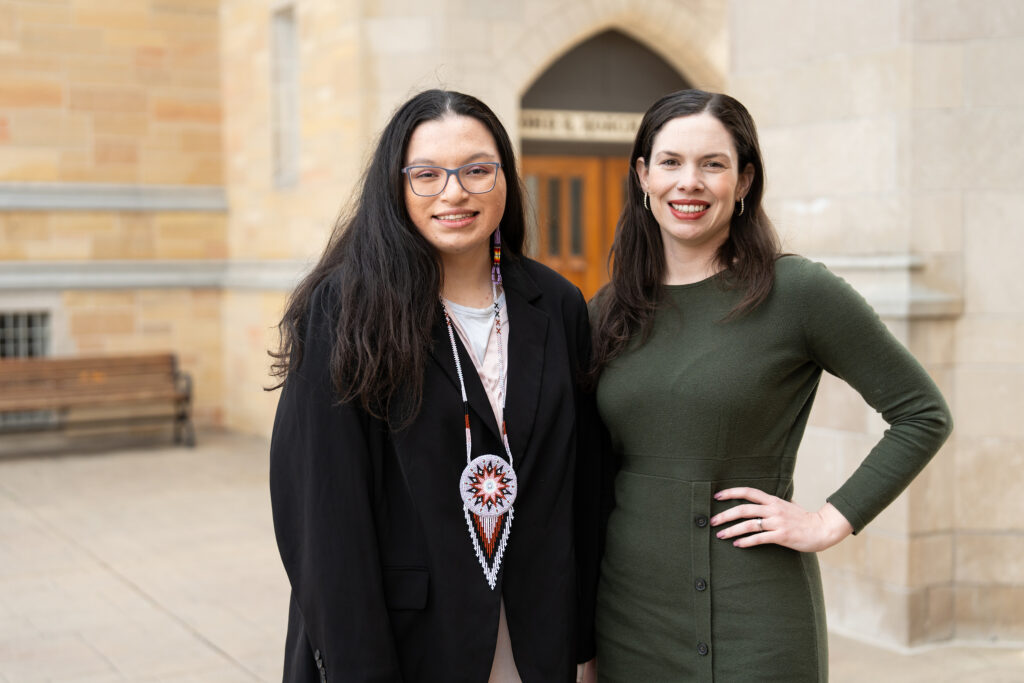Crises happen every day. Whether big or small, there are lessons to be learned from each. A recent graduate of UST’s Master of Business Communication (MBC) program working at Target shares her key takeaways from the retailer’s recent data breach.
Georgia May, '14 M.B.C. , a business process consultant at Target, said, "I’ve gained a better understanding of crisis communication as a result of class discussions about the breach. It’s not just about talking points, but what the company and its stakeholders do in the months that follow."
As Target begins to emerge from crisis mode, yesterday it announced Brian Cornell, PepsiCo veteran, as its new CEO. Cornell has a long road ahead as many believe Target has lost its way, but he brings with him the vision, focus and experience necessary to transform the brand in the face of continued scrutiny.
While the data breach is something many of those who work for Target aren't comfortable discussing publicly, the company's response offers a wealth of lessons to those in any line of business and any level of professional experience, whether just starting out or well seasoned.
Communications is an interesting field in that many communications professionals have an inherent desire to plan, but it is virtually impossible to plan for all scenarios and contingencies. As the saying goes, no plan survives first contact with the enemy. It doesn’t matter the breadth or depth of a plan, it is going to change as the situation unfolds.
"There are so many important questions that need to be addressed, said May. "Who is your audience? What type of crisis merits involving the CEO? When should a company speak up vs. stay quiet?"
Dr. Michael C. Porter, APR, director of the MBC program, noted, “The breach in particular was different because of the magnitude of the crisis for the retailer and its customers. Having a real situation, especially one close to home really seems to help students dig into the meat and nuances of an issue."
In the classroom, the way current events are discussed adjusts when there are people from that organization present. "My approach was to allude to elements from the situation, and then generalize the conversation around the topic to distance us from anyone taking things personally, or more importantly, accidentally revealing insider information," said Porter. "This also allows people to bridge the discussion to the realities of the organizations they serve, and allows students to see how differently an issue might be addressed depending on the kind of business or market it serves."
Crises such as this require strong leadership, nimble thinking and quick action. Those organizations that are able to plan for the unexpected and make the most of a messy situation will ultimately weather the storm and be stronger because of it.







